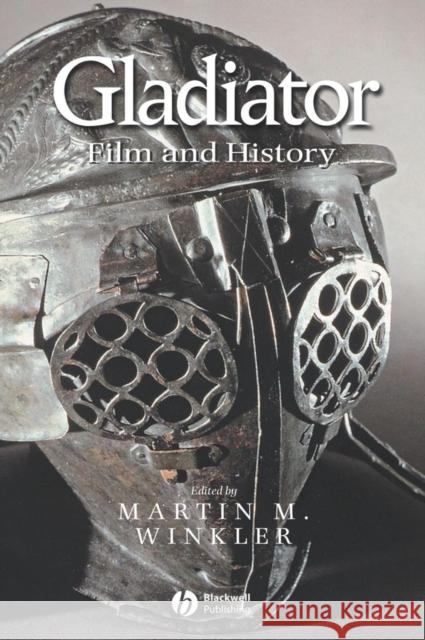Gladiator: Film and History » książka
topmenu
Gladiator: Film and History
ISBN-13: 9781405110426 / Angielski / Miękka / 2004 / 215 str.
This is the first book to analyze Ridley Scott's film Gladiator from historical, cultural, and cinematic perspectives.
- The first systematic analysis of Ridley Scott's film, Gladiator.
- Examines the film's presentation of Roman history and culture.
- Considers its cinematic origins and traditions.
- Draws out the film's modern social and political overtones.
- Includes relevant ancient sources in translation.











